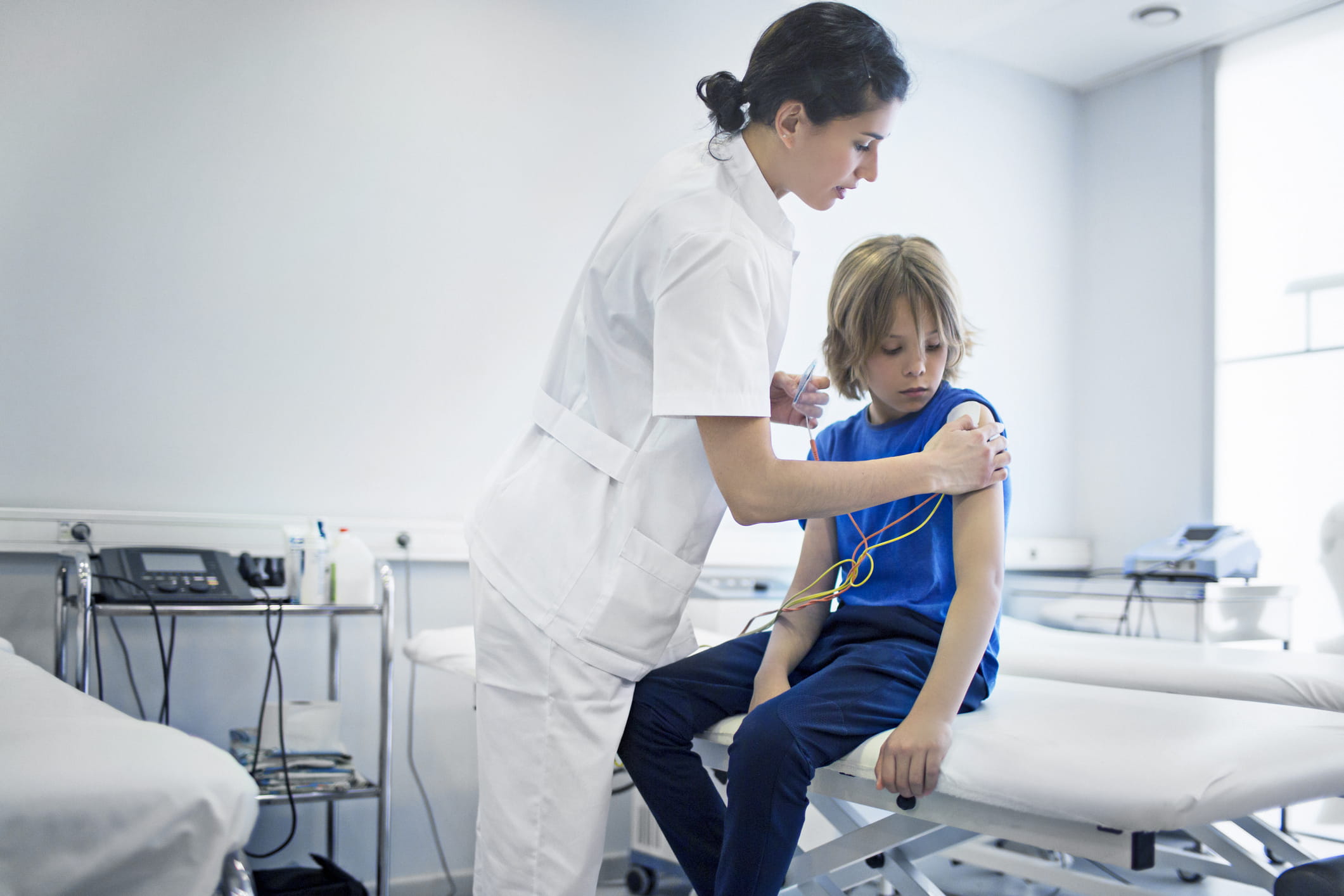
Child Neurology Residency
Make a difference by enrolling in the Geisinger Pediatric Neurology Residency Program.
About us
Finding the right residency is life-changing — for you and for your future patients.
With the Geisinger Pediatric Neurology Residency Program, you’ll discover a comprehensive, high-quality and personally rewarding educational experience that will prepare you for a great career in pediatric neurology. If you’re interested in our program, we invite you to apply.
The Child Neurology Residency program at Geisinger Janet Weis Children’s Hospital is sponsored by the Department of Child Neurology. When you join us, you and your fellow residents will be the newest generation of leaders in the field of child neurology, advancing it through your education, patient partnership and advocacy, as well as scholarship. Here, you'll find comprehensive clinical training experiences, a patient-centered focus, leadership development and support of scholarly inquiry. Our goals for you: Upon completing your training, you'll be exceptional in your medical care and knowledge. You'll be compassionate and empathetic when partnering with families and children in their medical care journey. And you'll be confident and successful in your academic pursuits.
